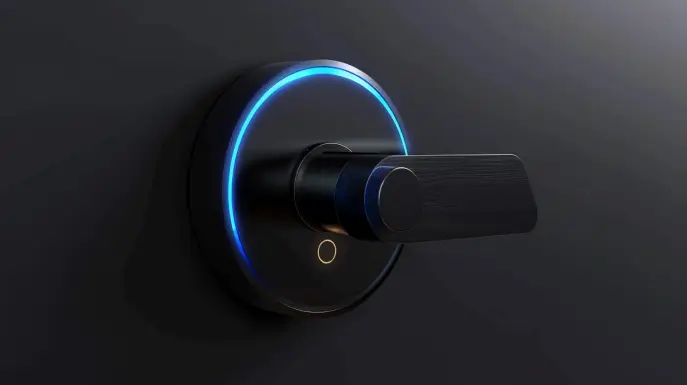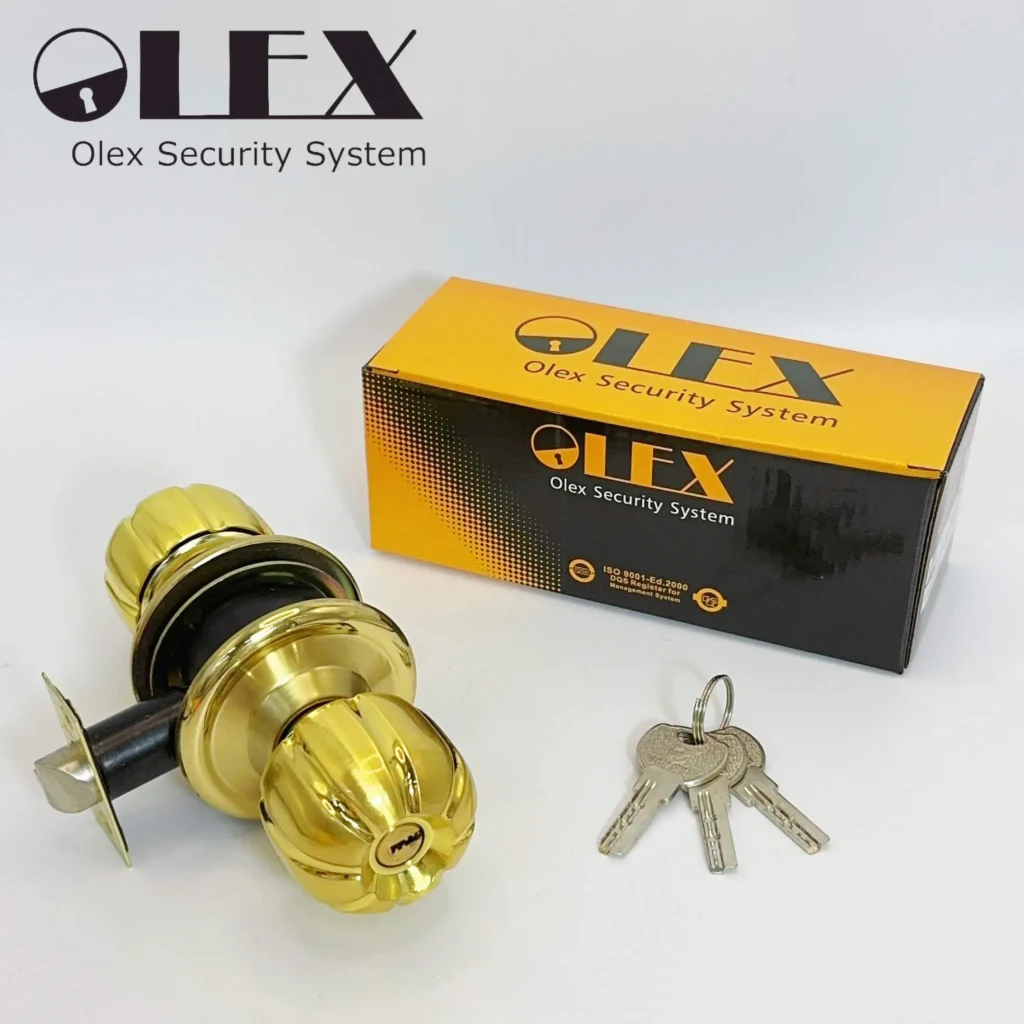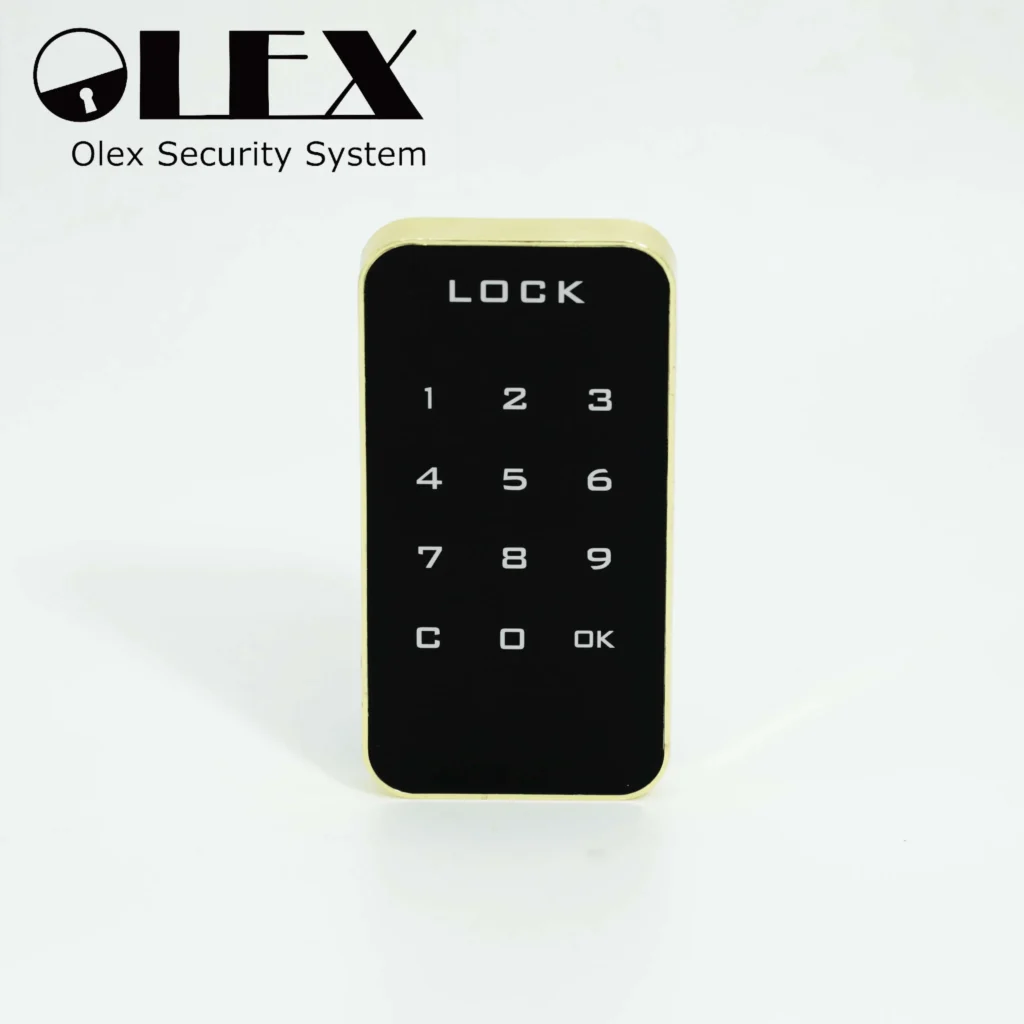Unlocking the Future: Exploring the World of Smart Locks
- Advantages and Disadvantages of Smart Locks Compared to Traditional Door Locks:
- Security: Smart locks employ various biometric authentication methods such as fingerprint, facial recognition, vein recognition, and palm vein recognition. These methods are more secure compared to traditional key-based entry because of their uniqueness. This makes it difficult for someone to secretly access your home. Moreover, some smart locks come with alarm functions that trigger alerts if someone attempts to forcibly break in or enters incorrect passwords repeatedly, notifying you promptly through a smart home app or program.
- Power Dependency: Smart locks rely on electricity for operation. Once the power runs out, the lock cannot function properly. Although most smart locks are equipped with mechanical keys and emergency charging ports, it can still be inconvenient when this situation arises.
- Convenience: Say goodbye to carrying keys! With smart locks, you can easily unlock your door with a gentle press or a quick scan. What’s even smarter is that some smart locks can be integrated with smart home systems, allowing for more intelligent operations.
- Intelligence: Through remote connectivity via a smart app or program, we can access various functions such as remote video calls, door lock status updates, and receiving alerts for unusual activities. Additionally, when friends visit, I can even send temporary passwords to let them enter my home.
However, smart door locks also have some drawbacks:
- High Cost: Firstly, the manufacturing cost and selling price of smart locks are higher compared to traditional door locks, which may not be very budget-friendly for individuals with limited funds.
- Power Dependency: Smart locks rely on electricity for operation. Once the power runs out, the lock cannot function properly. Although most smart locks are equipped with mechanical keys and emergency charging ports, it can still be inconvenient when this situation arises.



